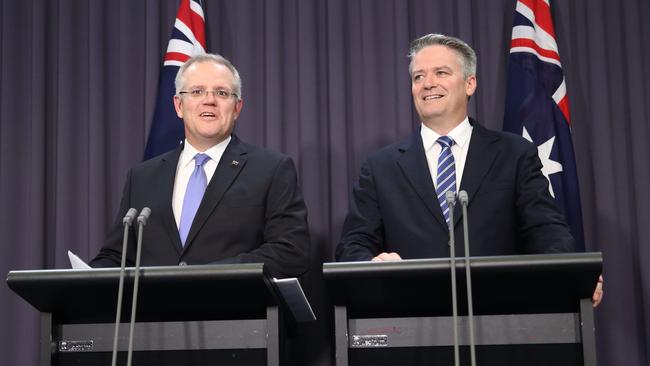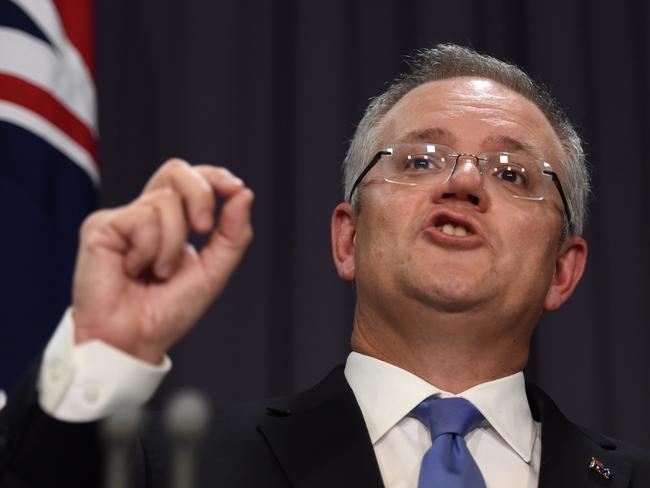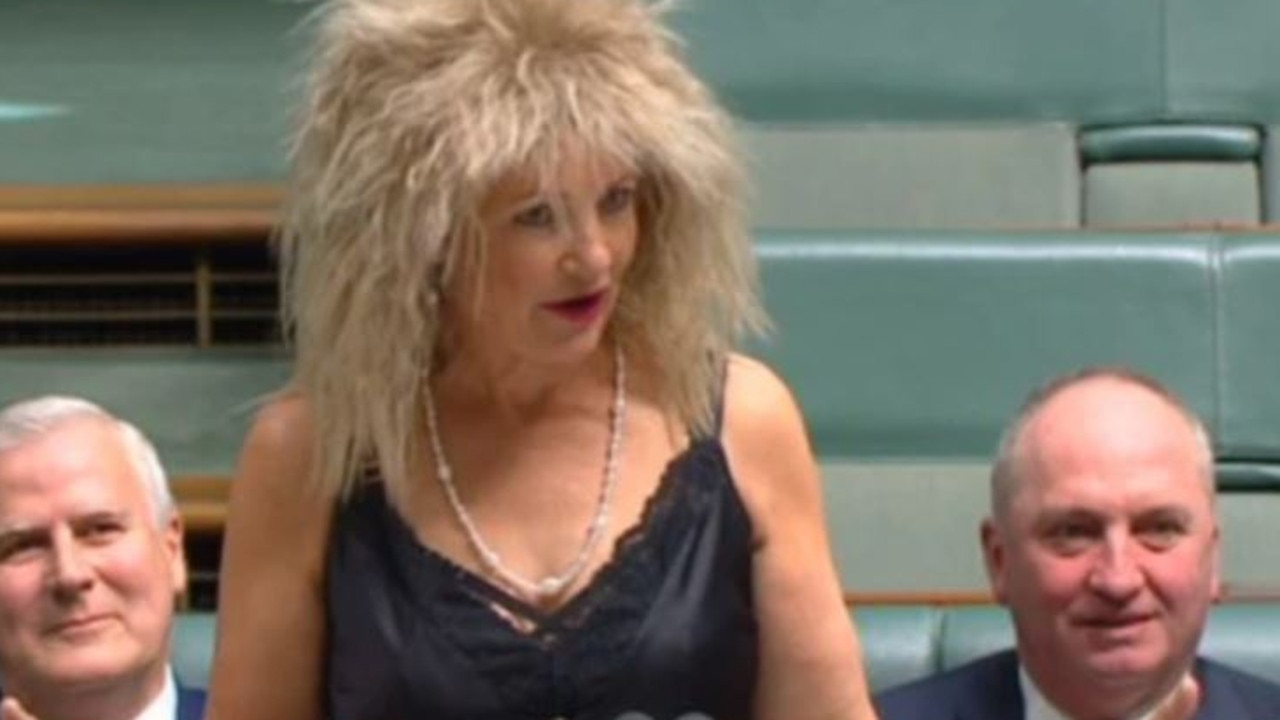Household financial pain eased temporarily after mid-year budget review
HOUSEHOLDS can rest a little easier after the mid-year budget review, but economists warn it’s only a matter of time before we lose our triple-A credit rating.

Fed Budget
Don't miss out on the headlines from Fed Budget. Followed categories will be added to My News.
HOUSEHOLDS can rest a little easier after Treasurer Scott Morrison handed down his midyear budget review today and experts say it will have little impact to personal budgets.
Borrowers carrying debt, including mortgages, will be unlikely to see an impact to their loan interest rates and nest eggs should not be affected.
Today’s results mean Australia is very likely to keep a hold of its Triple A status and this is vital because the higher the rating the cheaper the borrowing costs and this means the nation is seen as less risky nation to lend money to.

But while the update shows a slight improvement for the budget deficit in 2016/17, it’s expected to worsen by more than $10 billion over the forward estimates.
The long-awaited return to surplus is still projected for 2020/21. That’s possible, but unlikely, AMP chief economist Shane Oliver says.
“If I was going to bet on it I’d say it’d be a year or two later,” he told AAP.
Dr Oliver believes Treasury’s forecasts on wages growth — projected to top three per cent by 2018/19 — are too optimistic.
On top of that, spending remains too high and iron ore prices are unlikely to remain at current highs.
It’s a matter of when, not if, Australia loses its triple-A rating.
“We’re seeing bigger deficits for longer than we saw as a result of the 1990s recession which is a poor indictment on our ability to control spending and balance the budget,” Dr Oliver said.
“Sooner or later, we will get downgraded.”
Today’s budgetary review showed a slight improvement in this year’s financial position — it has gone from a deficit of $37.1 billion from the Federal May Budget to $36.5 billion.

The three key ratings agencies Moody’s, Standard and Poor and Fitch who are responsible for 90 per cent of the global ratings market have all today affirmed Australia’s Triple A status on the back of the Treasurer’s review.
So while there were concerns today’s announcement could be much gloomier and see a direct impact to home loan interest rates, the results have proven otherwise.
HSBC chief economist Paul Bloxham said the Treasurer’s midyear fiscal announcements were unlikely to filter through to households in the immediate future.
“The budget deficit has slipped a little bit further but it’s only a small change in the scheme of things, so not a lot of has changed from the Federal Budget to the midyear update,’’ he said.
“Two of the major ratings agencies have reaffirmed Australia as a triple-A, but the third has yet to publish anything so that should mean you are unlikely to see an increase in funding costs.
“We have weaker GDP (Gross Domestic Product) growth but the offset is that we have higher iron ore and coal prices.”
St George Banking Group’s senior economist Hans Kunnen said there should be no “short-term impacts” on household budgets but this could be a different story in the longer term.

“For the government to achieve it’s aim it’s either going to have to cut spending or increase taxes,’’ he said.
“There is no other way and households are the meat in the sandwich so there’s no big changes immediately, so to get to a surplus from where we are something has got to give and households will be part of the mix.”
- With AAP
sophie.elsworth@news.com.au
Originally published as Household financial pain eased temporarily after mid-year budget review



